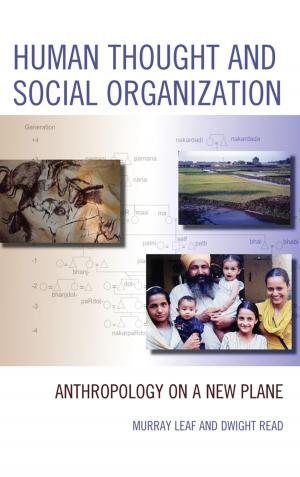Turkish Immigrants in the Mainstream of American Life
Theories of International Migration
Nonfiction, Social & Cultural Studies, Social Science, Cultural Studies, Emigration & Immigration, History, Middle East, Americas, United States, 19th Century| Author: | Sebahattin Ziyanak, Bilal Sert, Dian Jordan, Jason Hakan Yagci | ISBN: | 9781498578776 |
| Publisher: | Lexington Books | Publication: | September 15, 2018 |
| Imprint: | Lexington Books | Language: | English |
| Author: | Sebahattin Ziyanak, Bilal Sert, Dian Jordan, Jason Hakan Yagci |
| ISBN: | 9781498578776 |
| Publisher: | Lexington Books |
| Publication: | September 15, 2018 |
| Imprint: | Lexington Books |
| Language: | English |
This book focuses on the sociological dynamics of two of the most important Turkish immigration waves to the United States. It describes the wave of early Turkish immigration during the early 19th century and the most recent from the late 20th century. Although a few historians have studied the topic (Karpat, 1985; Acehan, 2005; Micallef, 2004; and Akcapar, 2009), this study utilizes extant international migration and adaptation theories to explore issues related to Turkish immigration to the United States and the outcome explains Turkish immigration to the United States from a distinctly sociological point of view. This book also enlightens the concepts of identity formation across Turkish American generations and analyzes vital distinctions between first and second generation immigrants with regard to their acculturation. Moreover, this book contributes to discussions on cultural tourism, international business relations, and the cultural market. In addition to that, the meaning of race, the existing theories of race, and how the construction of whiteness are points of interest in this book. Finally, the emphasis on intermarriage, religion, and Turkish identity are analyzed.
This book focuses on the sociological dynamics of two of the most important Turkish immigration waves to the United States. It describes the wave of early Turkish immigration during the early 19th century and the most recent from the late 20th century. Although a few historians have studied the topic (Karpat, 1985; Acehan, 2005; Micallef, 2004; and Akcapar, 2009), this study utilizes extant international migration and adaptation theories to explore issues related to Turkish immigration to the United States and the outcome explains Turkish immigration to the United States from a distinctly sociological point of view. This book also enlightens the concepts of identity formation across Turkish American generations and analyzes vital distinctions between first and second generation immigrants with regard to their acculturation. Moreover, this book contributes to discussions on cultural tourism, international business relations, and the cultural market. In addition to that, the meaning of race, the existing theories of race, and how the construction of whiteness are points of interest in this book. Finally, the emphasis on intermarriage, religion, and Turkish identity are analyzed.















